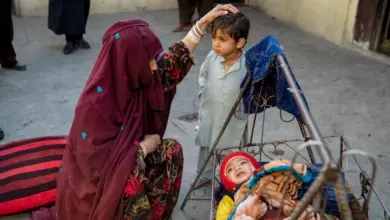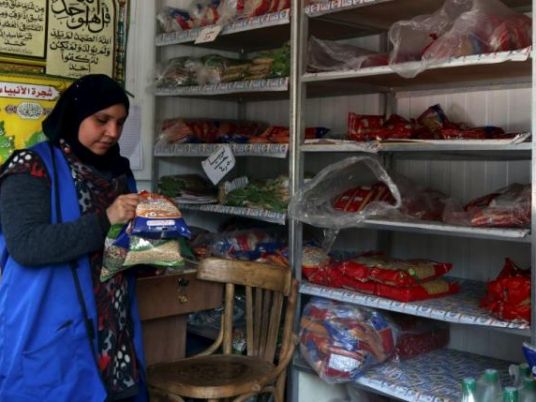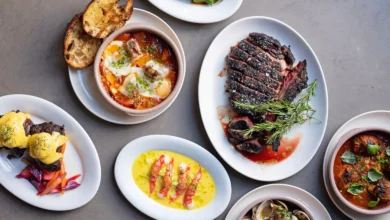Recipes from the Pharaohs’ Kitchen is Magda EL Mahdawi’s new release, Al Masry al-Youm met the writer and revisited the Pharaohs
Al-Masry Al-Youm: when did you start the Egyptian kitchen project?
Magda EL Mahdawi: In 2003. My brother is living in Austria. He is a professor in University. He has been living in Austria for 30 years now. Whenever he comes to Egypt for vacation, he asks about very specific Egyptian food–meals that my grandmother and mother used to cook but are not there anymore. He doesn’t know the development that occurred. He is not interested of course in junk food or pizza. He asks about certain meals that we have forgotten.
Al-Masry: Like what?
EL Mahdawi: There is something called fouleya, it is green beans and green vegetables, and it is like bessara but with green beans instead of crushed dried beans.
Some fish dishes, like the fish turtle, regla, khobeza, I used to ring the grannies in the family and ask them and then it hit me that these dishes are really threatened with extinction. Then I thought I should compile these recipes in a book, especially that our food is very healthy. Generally Mediterranean diet is full of vegetables and fruits more than chicken or meat.
Al-Masry: And when did you publish your first book?
EL Mahdawi: In 2004 “My Grandmother’s Kitchen” came out. It included 370 Egyptian meals. The book was translated from Arabic by the American University Publishing House in Cairo and published in English by 2006.
Al-Masry: Then, you started your career as a writer?
EL Mahdawi: Yes, I wrote a book called “Modern Egyptian Cooking” together with Egyptologist and friend Amr Hassanein. He has a private business and publishes tourism books. Then we both worked on a documenting project on Egyptian food from the Pharaonic ages till now–What has changed and what stayed the same.
Al-Masry: What was the most exciting finding of the research?
EL Mahdawi: We found a lot of continuing diet traditions. Pharaohs used to eat a lot of beans, green leaves, there was no chicken, but they used to eat duck and fish. They had a lot of oven baked dishes. They had more than 40 different bread types. They used to drink beer and had a lot of herbal teas.
Al-Masry: How long did it take you to document the Pharaonic kitchen?
EL Mahdawi: Three years and I am still working on it. It is a long project. I have done south of Egypt and Nubia. I also covered Alexandria where I live and the north coast. I am working now on the Suez Canal cities, the north coast and I want to work on east and north delta.
Al-Masry: But how do you collect dishes that date back to thousands of years?
EL Mahdawi: There are books, there is the oral history, and there are the drawings and inscriptions on the walls of temples.
Al-Masry: And how do you know this is Egyptian and not Bedouin or Greek?
EL Mahdawi: It is very possible, that there traces of Greek influence on the Egyptian diet especially in Alexandria. Also there are some traces of Central Arabia.
Al-Masry: You won a prize in London Book Fair, which book was it?
EL Mahdawi: It was my Grandmother’s kitchen. The Award encouraged me to work on the Pharaonic kitchen book.
Al-Masry: Don’t you think that Egyptian traditional dishes consume a lot of time for today’s lifestyle?
EL Mahdawi: True, but now you find the vegetables cleaned and chopped in supermarkets and with some vegetable sellers on the street. This makes the process easier. There are also a lot of easy oven dishes. It is almost the same. It takes you the same time to do some deep fried dishes like burgers and panes, or just put some vegetables together in the oven. But one meal is healthy and the other is junk.
Al-Masry: Egyptian food is also very caloric. Take molokheya as an example?
EL Mahdawi: Molokheya is now used as herbal tea and capsules. It is very healthy. The Japanese discovered it is full of antioxidants and vitamins.
Al-Masry: What are your future plans?
EL Mahdawi: I am working on an extensive documentary project. I am documenting Egypt’s food through the ages. I am concerned now with the Pharaonic. I also will do the Fatimid and the Abassid kitchens.
Food




